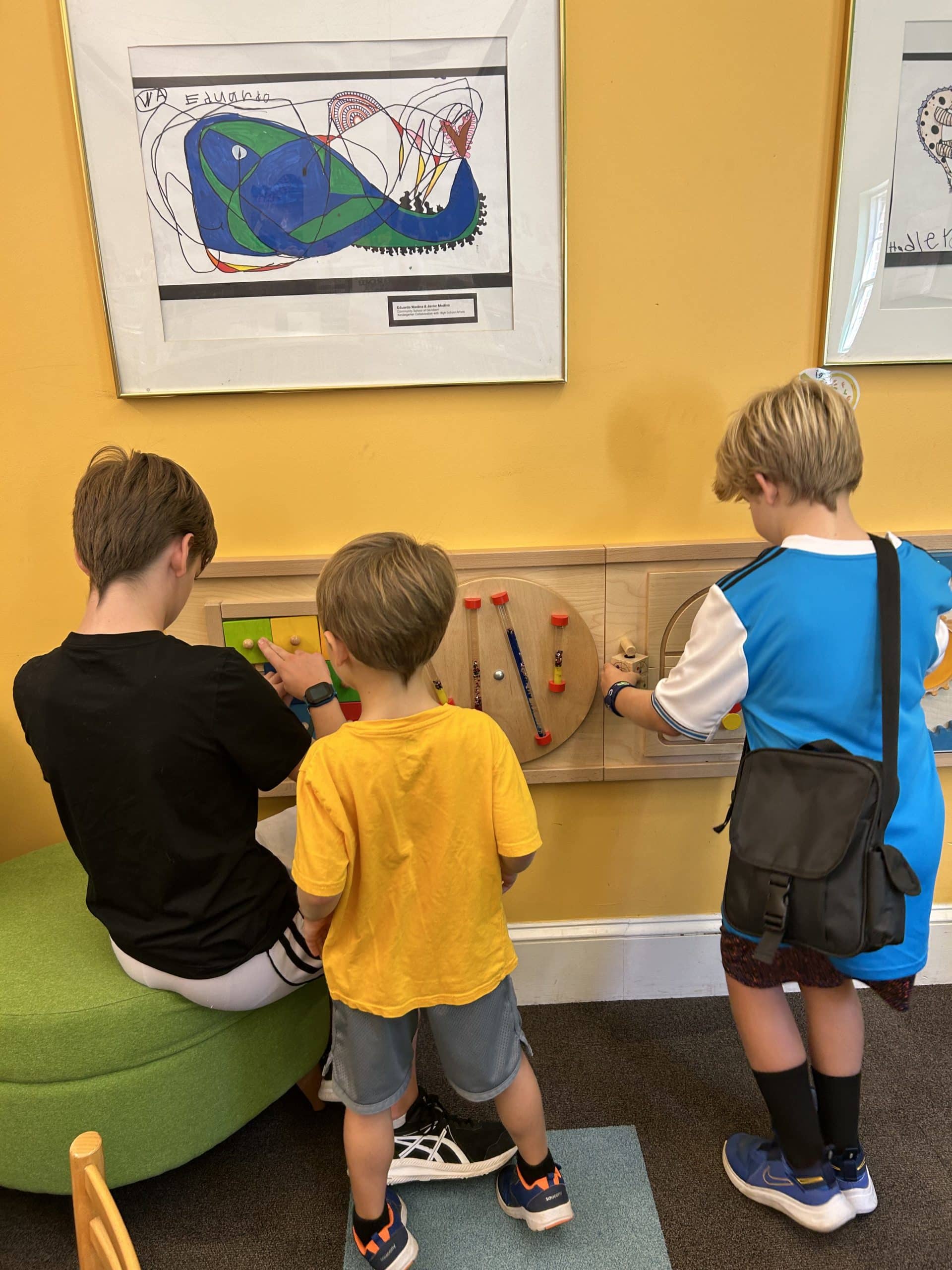I’ve recently had a disagreement with my oldest son about children’s television programs after I mentioned that my three-year-old grandson, his nephew, loves to visit and watch Dora the Explorer and the Mickey Mouse Club. He stated that cartoons are not good for children and they do not teach anything. I disagreed saying that he was learning some Spanish words while watching Dora – my son called it Spanglish. I argued that Dora may teach some Spanish words but its main objective was to teach problem solving skills. I found the same information about the Mickey Mouse Club, especially the Mousekatools. They focused on problem solving!
To date, most research studies have focused on preschool-aged children. The most current research published by the Kaiser Family Foundation, kff.org titled The Effects of Electronic Media on Children Age Zero – Six: A History of Research shows its most recent research was conducted in the 2000s. Specific findings on television and learning indicated that preschool children:
• who regularly watched curriculum-based interactive TV programs scored higher on standardized measures of problem solving and flexible thinking than children who did not watch curriculum-based interactive programs.
• viewing educational programs like Dora the Explorer, Blues’ Clues, Dragon Tales, Arthur, and Clifford was associated with accelerated language growth. Overall television viewing (including adult programs) was associated with reduced vocabulary.
A long-term study initiated in 1980 titled Early Childhood Television Viewing and Adolescent Behavior by Anderson, Husto, Schmitt, Linebarger, and Wright concluded that the preschoolers who viewed educational television programs had higher grades and read more books in high school.
Media is becoming an increasing part of today’s youth with television programming especially made for young children – infants, toddlers, and preschoolers. There is abundance of developmentally appropriate curriculum based programming that is educational for young children.
Research shows that 74% of all infants and toddlers have watched TV before the age of two and 88% of those children have their parents in the same room while they are watching TV either all or most of the time.
On the average, children under the age of six spend about two hours a day watching TV or DVDs which is the same amount of time as they spend playing outside and about three times as much as they spend on being read to or looking at books themselves. Most children (77%) will tun off the TV by themselves; ask for a favorite video, a particular show or use the remote to change the channel.
Programs that are designed and consider a child’s developmental stage of growth have more educational merit than shows that are not developmentally appropriate or not designed to be interactive. Children understand what happens on TV more that we realize but there is not enough research on the topic to form positive or negative conclusions. However, it has been observed that when the content of the program is not understandable to them, they tend to pay less attention to what is being viewed.
Is it educationally healthy to have a small child sit immobile before a TV screen day after day? Probably not; but, by letting letting a small child watch a little TV while parents proceed with daily household chores is not a horrible thing. At times, it is good for both children and adults to just ‘veg-out’.
Most people who take part in studies and debates are parents who are professionals and know better than to use TV as a baby sitter. They have the resources of time or money or other amenities that keep their children well cared for during most hours of the day. And any study will tell you that more than two hours of television is probably not healthy for anyone – adults or children.


